Attention agricultural drone operators!
The State Council and the Central Military Commission have issued the
“Interim Regulations on the Flight Management of Unmanned Aerial Vehicles”
(Order No. 761 of the State Council and the Central Military Commission)
(hereinafter referred to as the “Regulations”)
Effective from January 1, 2024
The “Interim Regulations on the Flight Management of Unmanned Aerial Vehicles” is the first administrative regulation in China specifically targeting unmanned aerial vehicles (UAVs). The regulation was officially released by the State Council and the Central Military Commission on June 28, 2023, and will take effect on January 1, 2024. The implementation of the regulation aims to standardize the flight activities of UAVs, ensure aviation safety, public safety, and national security, while also promoting the healthy and orderly development of the UAV industry.
The “Regulations” also provide specific provisions for agricultural UAVs. So, how should agricultural drones handle the necessary procedures to be legally compliant for agricultural production? What specific requirements does the “Regulations” impose on the flight usage of agricultural UAVs?

For those who own agricultural drones,
please register your real name immediately
and file with the public security authorities
Article 47 of the “Interim Regulations on the Flight Management of Unmanned Aerial Vehicles” states: Violating the provisions of this regulation, civil UAVs that conduct flight activities without real-name registration shall be ordered to correct by the public security authorities and may be fined up to 200 yuan; for serious cases, fines of 2,000 to 20,000 yuan may be imposed.
PART 1 Definition of Agricultural Drones Civil Unmanned Aerial Vehicle:
Civil Unmanned Aerial Vehicle:
Refers to unmanned aerial vehicles engaged in activities other than military, police, and customs flight missions. Civil UAVs can be further categorized by purpose into types such as agriculture, meteorology, exploration, photography, and surveying.
 Unmanned Aerial Vehicle:
Unmanned Aerial Vehicle:
Refers to an aircraft that has no onboard pilot and is equipped with its own power system, classified into micro, light, small, medium, and large categories (commonly referred to as drones or UAVs).
In the draft of the “Regulations,” the term “plant protection UAV” was used for agricultural UAVs. However, with technological advancements, the types of UAVs used in agricultural fields have gradually expanded to include various operational forms such as pollination assistance, seeding, fertilization, and baiting. During the formulation of the regulations, in order to standardize the management of more types of UAVs engaged in agricultural, forestry, animal husbandry, and fishery operations, the concept of “plant protection UAV” was officially adjusted to “agricultural unmanned aerial vehicle” after the regulations were published.
Legal ProvisionsDefinition of Agricultural UAVs Article 62 of the Regulations
“Agricultural unmanned aerial vehicles refer to those with a maximum true flight altitude not exceeding 30 meters, a maximum horizontal flight speed not exceeding 50 kilometers per hour, a maximum flight radius not exceeding 2000 meters, equipped with airspace maintenance capability and reliable monitoring capability, specifically used for agricultural, forestry, and fishery operations such as plant protection, seeding, and baiting, and can be manually controlled at any time during the entire process.”
The “Regulations” classify UAVs into five categories: micro, light, small, medium, and large based on performance indicators such as weight, flight altitude, and flight speed, and also provide a clear definition for agricultural unmanned aerial vehicles.
 PART 2 Types of Certificates for Agricultural Drones
PART 2 Types of Certificates for Agricultural Drones
The “Regulations” stipulate thatall owners of civil unmanned aerial vehicles must register their real names, regardless of type. All models must be registered with real names..
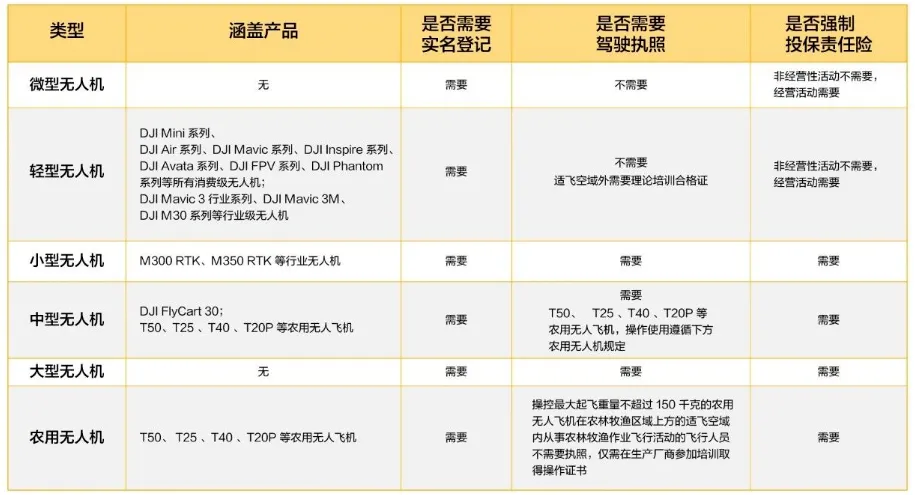
Currently, there are two types of certificates related to operating UAVs: licenses and qualification certificates (operating certificates), with licenses being more significant than qualification certificates (operating certificates), totaling six types of certificates.
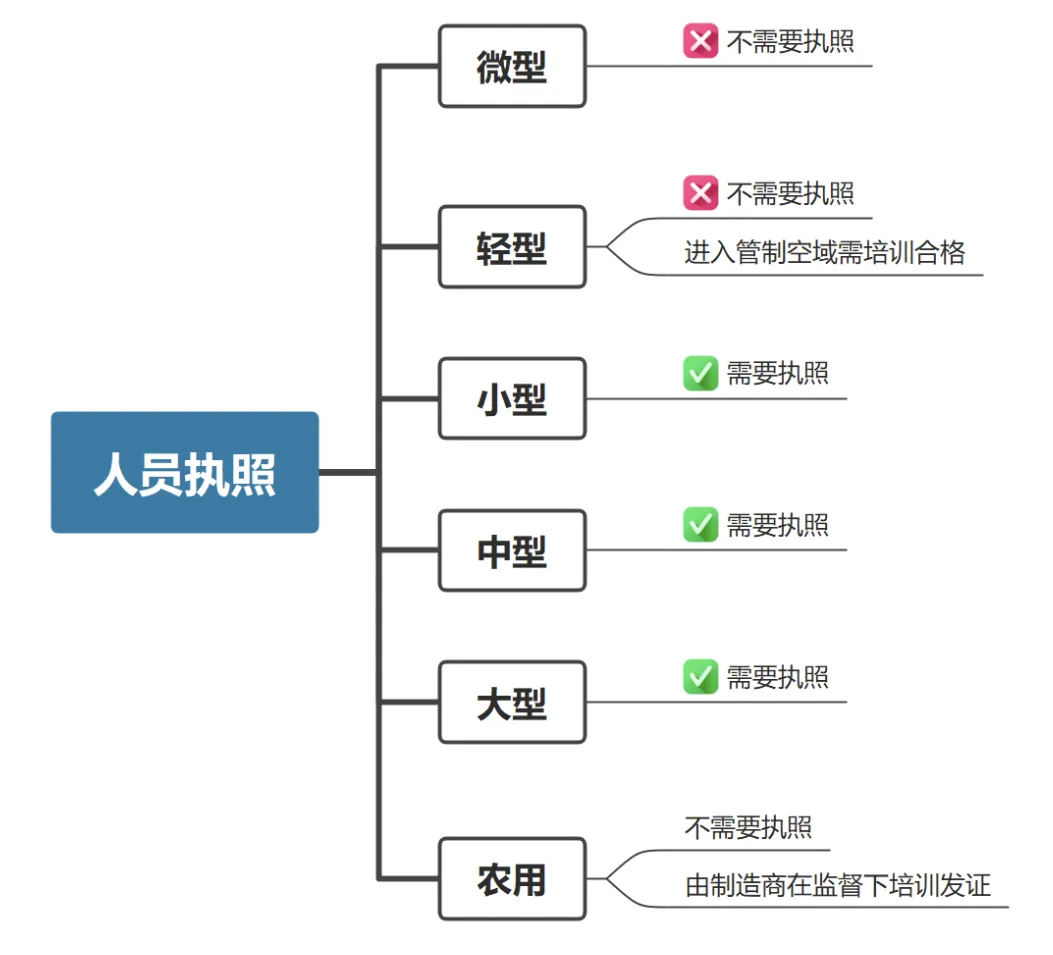
To promote the development and application of agricultural unmanned aerial vehicles, the “Regulations” implement relatively lenient management for agricultural UAVs that have a wide application range and relatively low safety risks.For agricultural drones engaged in routine operations, obtaining a license is not required; only training to obtain an operating certificate is necessary..
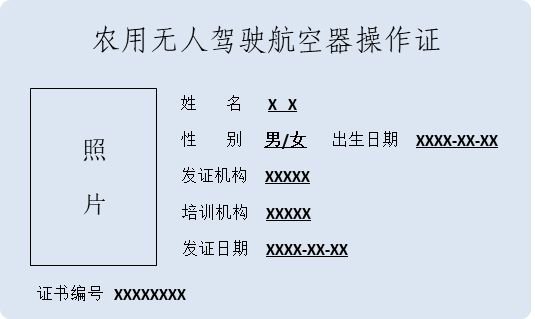
Issuing Authority: Manufacturers of agricultural unmanned aerial vehicles.
Training Institutions: Manufacturers of agricultural unmanned aerial vehicles or relevant training institutions.
 Legal ProvisionsNo License Required for Agricultural Operations Article 16 of the Regulations
Legal ProvisionsNo License Required for Agricultural Operations Article 16 of the Regulations
Personnel engaged in routine agricultural UAV operations do not need to obtain an operator’s license.
However, they must be trained and assessed by the agricultural UAV system manufacturer according to the regulations set by the State Council’s civil aviation and agricultural authorities, and obtain an operating certificate upon passing.
This promotes modernization and efficiency in agricultural production, reducing costs and complexity. The “Regulations” state that operators of agricultural drones conducting routine flights with a maximum takeoff weight of less than 300 jin do not need to obtain an operational qualification certificate.
Legal ProvisionsNo Operational Qualification Certificate Required for Agriculture Article 11 of the Regulations
Using agricultural unmanned aerial vehicles with a maximum takeoff weight not exceeding 150 kilograms for agricultural operations in suitable airspace above agricultural, forestry, and fishery areas (hereinafter referred to as routine agricultural UAV operation activities) does not require obtaining an operational qualification certificate.
After obtaining an operational qualification certificate, engaging in commercial general aviation flight activities, as well as conducting routine agricultural UAV operation activities, does not require obtaining a general aviation operating license and operational qualification certificate.
PART 3 Legal ResponsibilitiesLegal ProvisionsLegal Responsibilities of Operators Article 50 of the Regulations
“Violating the provisions of this regulation, engaging in routine agricultural UAV operation activities without obtaining an operating certificate shall be ordered to stop operations by the agricultural authorities of the local people’s government at or above the county level, and fined between 1,000 and 10,000 yuan.”
Operators of agricultural drones are required to undergo training and obtain an operating certificate; flying agricultural drones without a license may result in fines ranging from 1,000 to 10,000 yuan. It is more challenging to obtain the CAAC UAV license without mandatory assessments.
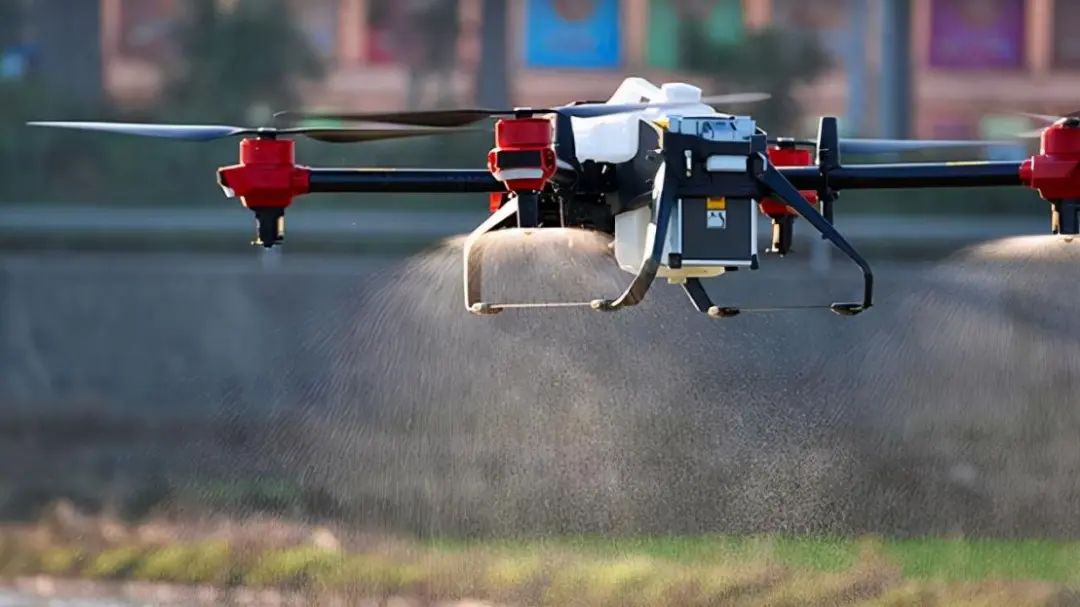 PART 4 Liability InsuranceLegal ProvisionsMandatory Liability Insurance Article 12 of the Regulations
PART 4 Liability InsuranceLegal ProvisionsMandatory Liability Insurance Article 12 of the Regulations
Using civil unmanned aerial vehicles for commercial flight activities, as well as using small, medium, and large civil unmanned aerial vehicles for non-commercial flight activities, must legally obtain liability insurance.
Mandatory Liability Insurance Article 48 of the Regulations
Violating the provisions of this regulation, civil unmanned aerial vehicles that have not legally obtained liability insurance shall be ordered to correct by the civil aviation management department, and fined between 2,000 and 20,000 yuan; for serious cases, the unit engaging in flight activities may be ordered to suspend operations until its operational qualification certificate is revoked.
Liability insurance refers to insurance for drone damage and third-party liability, which can protect against losses caused by accidents during flight and third-party personal and property losses. UAV liability insurance can effectively transfer economic losses in the event of an accident, reducing safety risks during various flight activities.
PART 5 Operators Must Have Civil CapacityLegal ProvisionsAgricultural UAV Operators Must Have Civil Capacity Article 17
Personnel operating micro and light civil unmanned aerial vehicles do not need to obtain an operator’s license but must be proficient in the operation methods of the relevant models and understand risk warning information and relevant management systems.
Individuals without civil capacity can only operate micro civil unmanned aerial vehicles, while individuals with limited civil capacity can only operate micro and light civil unmanned aerial vehicles. Individuals without civil capacity operating micro civil unmanned aerial vehicles or individuals with limited civil capacity operating light civil unmanned aerial vehicles must be guided on-site by individuals with full civil capacity who meet the conditions of the previous paragraph.
Article 50
Individuals without civil capacity or individuals with limited civil capacity who violate the provisions of this regulation by operating civil unmanned aerial vehicles shall have their guardians fined between 500 and 5,000 yuan; for serious cases, the unmanned aerial vehicle used in the violation shall be confiscated.
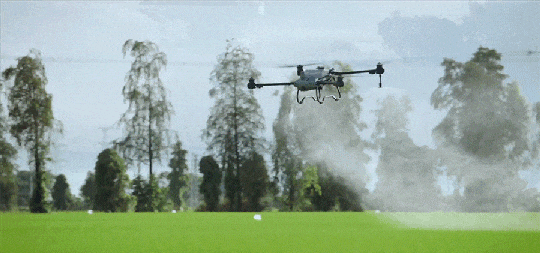
Individuals under 8 years of age without civil capacity can only operate micro (under 250 grams) civil unmanned aerial vehicles, while individuals aged 8 to under 18 with limited civil capacity can only operate micro and light (under 8 jin) civil unmanned aerial vehicles, and must have an adult present to guide them during operation. Guardians who violate these regulations will face fines.
Due to the special purpose of agricultural UAVs, which involve complex operations and potential safety risks, they are not suitable for use as toys. Minors flying without permission will face fines ranging from 500 to 5,000 yuan.
PART 6 Friendly Reminders
Purchasing agricultural drones requires real-name registration and registration
Agricultural drone operators should obtain relevant qualifications as required
Controlled airspace must not be entered without permission
Failure to operate according to regulations or committing illegal acts
Will be punished according to the law
Drafted by: Municipal Agricultural Comprehensive Administrative Law Enforcement Team
Reviewed by: Gong Xuqiang
Reviewed by:Zhang Jian
Published by: Liang Ling
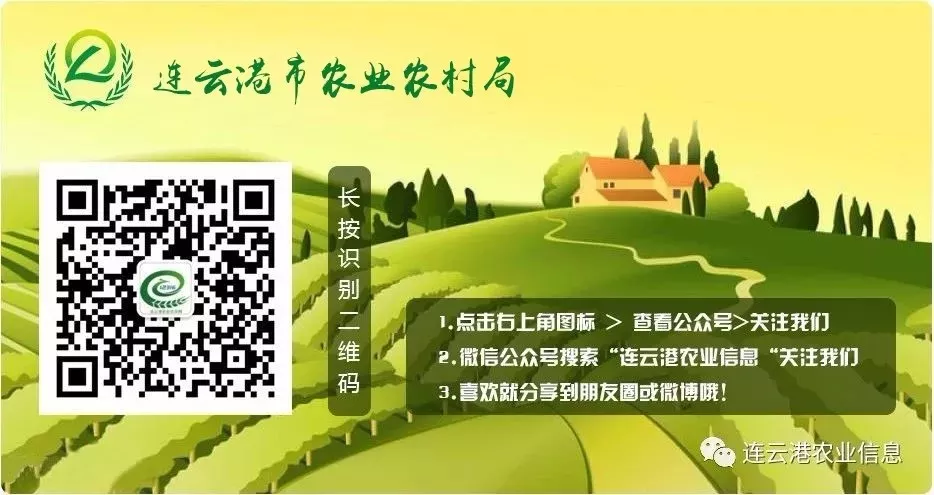


Disclaimer: This WeChat public account is the official account of the Lianyungang Municipal Bureau of Agriculture and Rural Affairs. The articles, images, audio, and video contained herein are for public welfare purposes only, for sharing and dissemination, and not for commercial use. Please indicate Lianyungang Agricultural Information when reprinting. Related articles, images, or audio and video copyrights belong to the original authors and copyright holders. If there are any copyright infringements, incorrect source markings, or errors in the WeChat content, please contact “Lianyungang Agricultural Information” immediately, and we will review and handle it promptly.